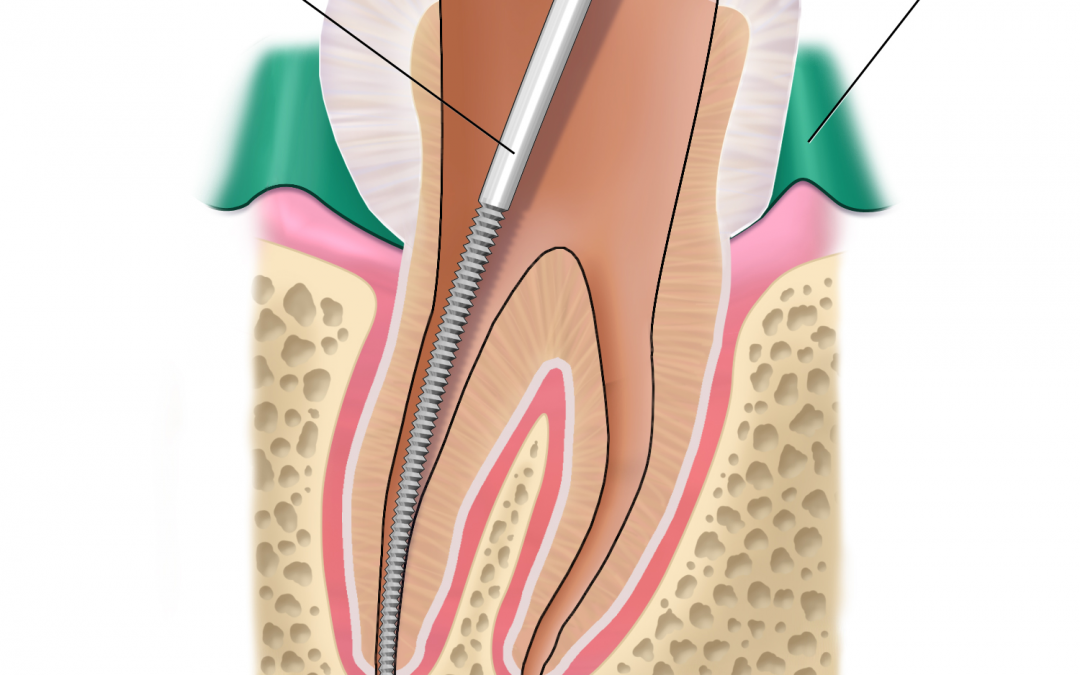Could a dental infection have anything to do with heart disease? A study conducted in Finland found that this may be so. While these two health issues seem like an unlikely pair, researchers at the University of Helsinki found that in a study of heart disease patients, more than half of the participants also had dental root tip infections. This adds to the increasingly large evidence that dental problems increase the risk for heart disease.
Previous studies have shown the connection between dental conditions and heart disease. For example, it has been shown that low-grade inflammation caused by a number of dental conditions such as periodontal disease is linked to heart disease. This study is just further building on the already substantial evidence of the correlation.
To fully understand this connection, we should first get a firm grasp on what dental root tip infection is. Dental root tip infection, also known as apical periodontitis, is the body’s defense reaction to a microbial infection in the dental pulp. The most common cause of dental root tip infection is caries. Caries the medical term for cavities or tooth decay. The scary thing about dental root tip infections is that they are often symptomless. Many people have these infections without realizing they have them. Dental root tip infection is quite common, affecting one in four people in Finland. Researchers say that these infections are detected by chance with the use of X-rays.
The study was conducted at the Department of Oral and Maxillofacial Disease of the University of Helsinki in conjunction with Helsinki University Hospital’s Heart and Lung Centre. The participants were 508 patients with an average age of 62 who experienced symptoms of heart disease. 184 of these patients had stable coronary heart disease, 169 had acute coronary syndrome, and 123 did not have coronary heart disease. The researchers found that 58 percent of these participants had one or more inflammatory lesions in their jaws or teeth. High levels of serum antibodies that are linked to infection were found in participants with one or more lesions.
Those who have these dental root tip infections can get root canals to clear out the infections. However, further research needs to be done to determine if root canals can help reduce the risk of heart disease. Researchers say it is still worth it to have a root canal in order to get rid of the infection. John Liljestrand, a researcher at the University of Helsinki, stated in a press release that acute coronary syndrome is 2.7 times more likely to occur in patients who have untreated teeth that are in need of root canal treatment than in patients who do not have this issue.
When we think about oral hygiene, we often overlook the effect it has on our bodies. Dental hygiene has a much larger impact than how our breath smells, how our teeth look, or how much plaque we have in our mouths. Hopefully as people read about this study and as more studies are conducted in the future, people will start to become more aware of the importance oral hygiene.

